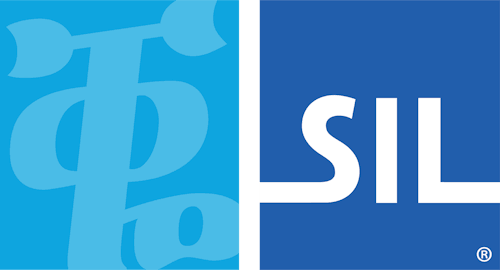Strings
A string is a sequence of characters. Strings can be made up of multiple concatenated substrings. There is no general limit on the length of a string, although Keyman does impose limits on strings in various situations.
The following string formats are available:
| Type | Description | Example |
|---|---|---|
| Quoted strings | a list of characters, enclosed either by " or ' quote characters. Can use any characters
apart from controls. To use quotes in the string, enclose with the other quote type. |
store(vowels) "aeiou"+ '"' > 'quote' |
| Unicode character codes | a single character in U+xxxxxx format. Recommended for Unicode. Range U+0020 – U+10FFFF. |
+ U+0020 > 'space' |
| Decimal character codes (legacy) | a single character, in decimal format. Range d32 – d1114111. |
+ d32 > 'space' |
| Hexadecimal character codes (legacy) | a single character in hexadecimal format. Range x20 – x10FFFF. |
+ x20 > 'space' |
| Octal character codes (legacy) | a single character in octal format. Not recommended - included only for historical reasons. Range 40 – 4177777. |
+ 40 > 'space' |
Strings are concatenated by listing them together, separated by spaces. For example, the following two lines are equivalent:
U+0041 U+0042 d67 d68 "abc"
"ABCDabc"
Character codes below U+0020 should not be used as their meaning differs between applications. Some legacy keyboards
may still use codes such as d13 for carriage return, but this usage is not portable.




